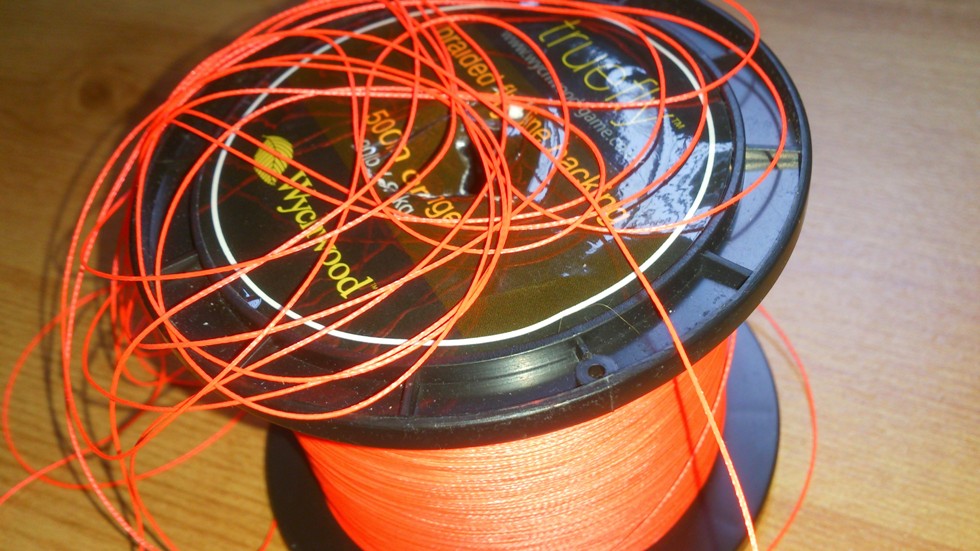| Disclosure: Just to be open and honest the buttons and links you click on in the website will in most cases take you to another website where you can purchase the products I am reviewing. As an Amazon Associate I earn from qualifying purchases. |
How Long Should a Pair of Waders Last? Increase Lifespan

Hey there, fellow angler! ?
Ever wondered how long your trusty pair of waders should hold up?
Well, unlike our fast-changing iPhone community, waders are built to stand the test of time.
Unless you’re swimming in cash and can afford to switch them out every few seasons, your waders can be your faithful fishing companion for quite a while.
So, let’s get to the bottom of it: How long should a pair of waders really last?
Well, if you’ve got a good quality pair of fly fishing waders, they should easily see you through at least five fishing seasons, especially if you’re not out on the water frequently or guiding others.
If you’re more of an occasional angler, your waders could stick with you for longer, especially if you’ve got a few pairs to rotate.
Now, the above estimates are for waders in the mid-range price category.
If you’ve invested in some high-end gear, those babies can potentially last you nine seasons or more, even if you’re in the water four or five days a week.
It’s all about proper care and maintenance, though.
So, let’s dive deeper into the topic of wader longevity, shall we?
Quick Post Navigation
How Long Should a Pair of Waders Last?
A general rule of thumb when purchasing fishing waders is to closely assess the warranty, and check your gear for any defects in craftsmanship that can reduce their longevity.
We expect excellent waders to be tough, and sturdy, and the manufacturer should offer a good repair system through their warranty.
Five seasons is the average duration expected for waders to last you if you are actively fishing.
However, their craftsmanship, how you use them, storage methods, care, and maintenance will greatly influence the longevity of waders.
Let’s see how you can make your waders last longer than the average five seasons.
Thorough Check Post Purchase:
Manufacturers like Orvis, Redington, Simms, Frogg Toggs, often have strict quality control processes, but defects can still occur.
These defects may include issues like gaps in seams, missing zippers, or omissions in the construction of the waders.
When you purchase a new pair of waders, it’s essential to inspect them thoroughly before heading to the water.
Carefully examine the seams, zippers, and overall craftsmanship for any signs of defects.
If you spot any problems, such as stitching that appears weak or incomplete, it’s advisable to contact the manufacturer or retailer.
Most reputable brands offer warranties or return policies to address such issues.
General Care and Maintenance During Transit and Wearing:
- Properly wearing your waders is crucial to their longevity. Ensure that you wear them over the right layers without any sharp or abrasive objects that might puncture or damage the material.
- Proper layering can also provide insulation and comfort during your fishing trips.
- When trekking to your fishing spot, be cautious about sharp vegetation, thorns, and branches. Use a walking pole to gently move obstacles aside instead of brushing against them, which can cause pin-hole leaks.
- Pin-hole leaks are tiny holes that can develop in wader material over time. They’re often the result of punctures from thorns or sharp objects. Avoiding such hazards can significantly extend the life of your waders.
- Pay special attention to gravel guards when lacing up your boots. Tugging on them can damage seams where booties attach to the waders.
- Avoid pulling or tugging on suspender seams or belt loops when putting on or removing your waders, as this can weaken these areas and lead to failures when you need them most.
Proper Storage:
Storing your waders correctly is vital for their long-term durability.
Many anglers make the mistake of leaving wet and dirty gear in the trunk of their car or garage.
This can lead to unpleasant odors and accelerated wear and tear.
After a fishing trip, it’s a good practice to remove mud and debris from your waders while you’re still at the fishing location.
Use a blunt tool to gently scrape away any dirt.
Once you return home, consider whether your waders need a thorough wash or just a quick rinse.
The cleaning method can depend on the wader material (neoprene, Gore-Tex, rubber, etc.).
Properly drying your waders is crucial.
Ensure that all areas, including crevices and seams, are completely dry before storing them.
Moisture trapped in these areas can lead to problems and discomfort on your next outing.
Store your waders in a place with minimal human and pet traffic to avoid unnecessary contact and potential damage.
Keep them away from rodents like rats and mice, as they can chew through the material and necessitate costly repairs.
Also, make sure not to store in a place that can become overly warm as this can degrade the glue.
FAQs – How Long Should a Pair of Waders Last?
Here are some common questions and answers to help you understand wader longevity better:
Q) Does the Fit of Waders Affect How Long They Will Last?
A) Yes, well-fitting waders that match your body and allow for layers to go underneath tend to last longer without material wear and tear.
Q) How Long Can Repaired Waders Last?
A) Repaired waders can last just as long as new ones if the repairs are done correctly with the right materials.
Q) How Can You Identify Pin Hole Leaks on Waders?
A) Pinhole leaks show up as dark spots. You can spot them easily by spraying rubbing alcohol on suspected areas.
In Conclusion
So, how long should a pair of waders last?
Well, with the right care and maintenance, you can expect your waders to be by your side for four or five seasons, even if you’re an avid angler.
But if you go all out with storage, care, and maintenance, those high-end waders could last you half a decade or more.
It’s all about giving your gear the love and attention it deserves.
Happy fishing! ??


